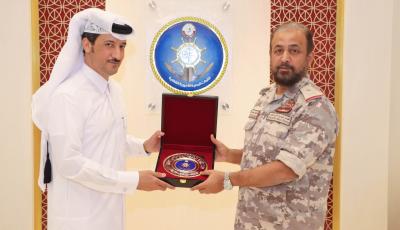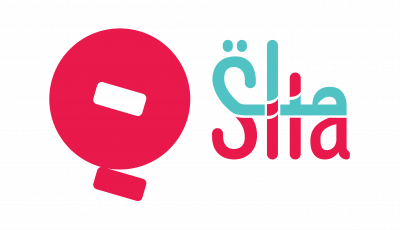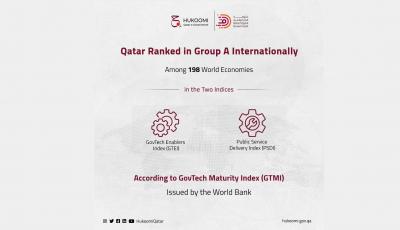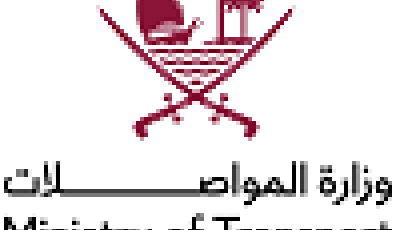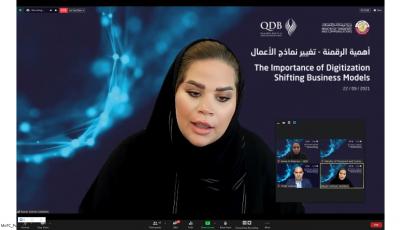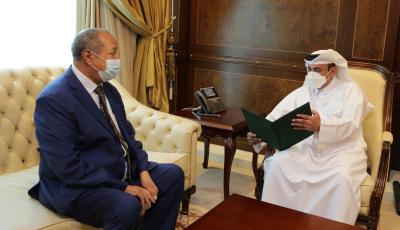Saturday, September 25, 2021
The Ministry of Transport and Communications unveils Sila
Doha – Qatar
The Ministry of Transport and Communications (MOTC) has unveiled Sila, the brand that brings together the State of Qatar’s transport modes into one network. Currently it includes the metro, bus, taxi and tram. Sila – which means ‘connection’ in Arabic – will be launched in phases, in collaboration with Qatar Railways Company, Mowasalat (Karwa), Qatar Foundation and Msheireb Properties. By bringing together Qatar’s transport services, Sila aims to improve the accessibility of the country’s transport network.
Qatar’s transport sector has reached major milestones in recent years, thanks to new products and services, which have been primarily led by individual transport operators. The MOTC will continue this work, with its mission to connect transport modes through the Sila brand, providing seamless mobility for citizens, residents and visitors.
In the coming weeks, Sila will launch the journey planning function on its app and website, allowing travellers to plan trips around the country in an integrated way by searching for the best route and combination of transport modes including buses, the Metro, metrolinks, trams, taxis, walking and driving. Travellers can also use the app and website to find out public transport information, such as station and stop locations, station layouts, timetables and routes. Once fully launched, Sila will bring together several projects and initiatives to connect all transport modes in the State of Qatar, improving integration and providing a seamless travel experience.
“Today we take an important step towards transforming Qatar’s transport network and enhancing its efficiency and effectiveness,” said Sheikh Mohammed Bin Khalid Al-Thani, Director of the Technical Affairs Department in the MOTC. “Sila will streamline the journeys that people take around the country, enhancing people’s connection to work, family and social activities, smartly and sustainably. We look forward to launching further phases of the project in the upcoming months.”
Other initiatives – which will be unveiled in the near future – include integrated and contactless payment methods, introducing new services and transport modes and promoting the transport network through public awareness and marketing initiatives to reach a wide audience within The State of Qatar.
Qatar’s citizens and residents are encouraged to follow Sila’s newly launched social media pages to get the latest updates. (Facebook: @silaqatar, Instagram: @sila_qatar & Twitter: @sila_qatar).
About Sila:
Sila is built on the powerful idea of improving the accessibility and integration of Qatar’s transport network for citizens, residents and visitors. The Ministry of Transport and Communications have launched Sila, the brand that brings together the State of Qatar’s transport modes into one network, in collaboration with transport providers. When fully launched, Sila will include a series of projects and initiatives designed to give people the smartest choices for travel, including contactless payment, integrated payment through the Sila card, and the Sila journey planning app and website. Qatar’s commitment to a future of world class mobility encompasses all that Sila is and strives to be – transforming the way we think and act to create a more connected and sustainable transport network for generations to come.
Find us online:
